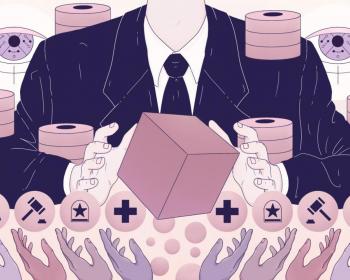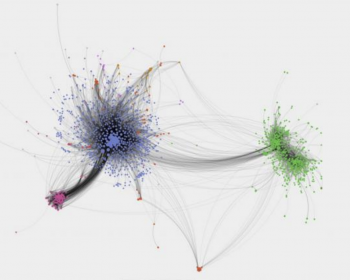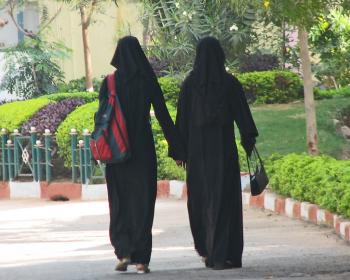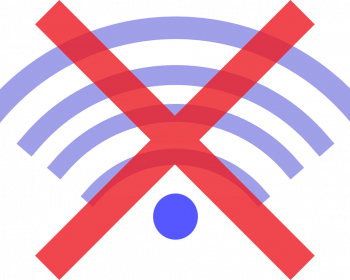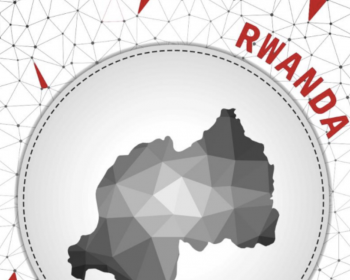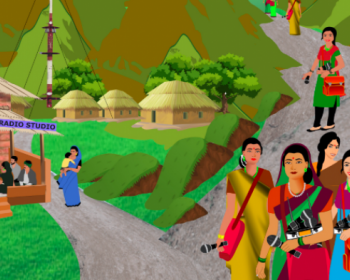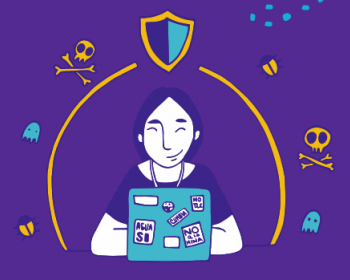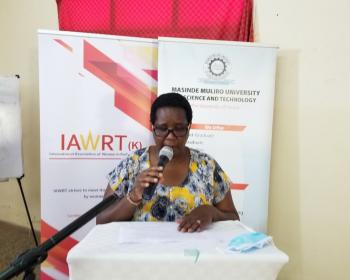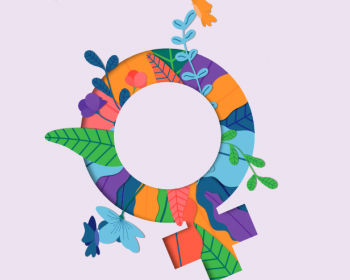Feminist internet
A group of women set up a community network in an area without internet connectivity in Brazil – the Terra Seca quilombo community. These are their reflections while conducting a participatory research process on community networks through an intersectional feminist lens.
Taking Latin America as a point of departure, this research seeks to contribute to the development of an anti-colonial feminist framework to question artificial intelligence systems that are being deployed by the public sector, particularly focused on social welfare programmes.
This report addresses the role of social media in the production and dissemination of hate speech and anti-rights discourse in Brazil. The researchers analysed the impact of this hostile climate on feminists, LGBTIQ people and their allies, as well as their individual and collective responses.
APC welcomes the Special Rapporteur on freedom of religion or belief's focus on the use of hateful rhetoric in digital spaces to incite violence against religious minorities, which is of particular concern in India, where women especially are subjected to hate speech and threats online and offline.
This submission was produced in response to the call by the Office of the High Commissioner for Human Rights for input to a report on internet shutdowns and human rights that will be presented to the 50th session of the Human Rights Council in June 2022.
This study combined quantitative and qualitative research to explore what socioeconomic factors inhibit internet access for women in rural and urban settings in Rwanda. It was produced with the support of APC as part of the Feminist Internet Research Network (FIRN).
How have women found self-expression through community radio as a low-cost technology while enabling local communities to voice themselves during the pandemic? The experiences and learnings from eight initiatives in India are the focus of this new research report.
Meet new APC member LaLibre.net Tecnologías Comunitarias in Ecuador, which is committed to social justice, autonomy, digital sovereignty, human rights, the rights of nature, and a free and feminist internet.
Meet the International Association of Women in Radio and Television - Kenya (IAWRT-K), a Nairobi-based chapter of the global non-profit and one of the recent additions to the APC member network.
This report highlights the findings of a research study that was carried out by the Women of Uganda Network together with the Association for Progressive Communications under the Our Voices, Our Futures (OVOF) project.

Association for Progressive Communications (APC) 2022
Unless otherwise stated, content on the APC website is licensed under Creative Commons Attribution 4.0 International (CC BY 4.0)




